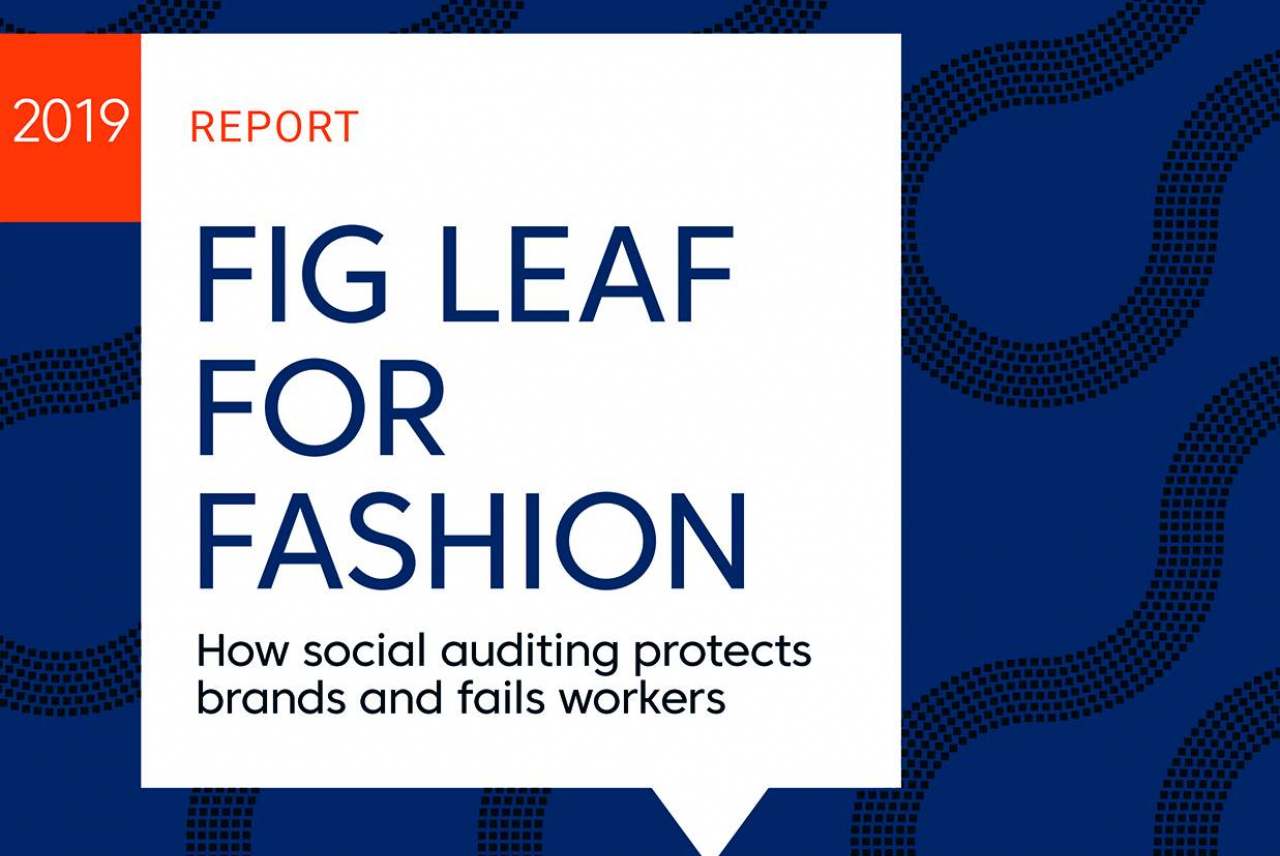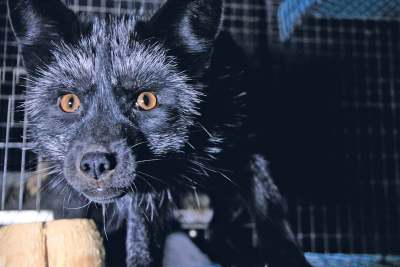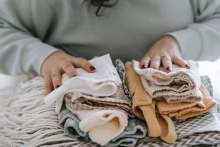Fig Leaf for Fashion: How auditing protects brands and fails workers
Clean Clothes Campaign has released a damning report into the failures of the current corporate-controlled auditing system in the garment industry.
The report points to cases such as the Rana Plaza collapse in Bangladesh, which killed over 1,000 people and the Ali Enterprises fire in Pakistan, which killed more than 250. In both instances, the sites had been declared as safe by auditors only months before the avoidable disasters.
It turns out that, in the case of Ali Enterprises, auditors did this without ever visiting the site. And yet there have been little to no repercussions for the auditing companies who operate with impunity within the multi-million-dollar auditing industry.
The report’s criticisms do not apply to state-backed multi-stakeholder initiatives such as the Bangladesh Accord, which are somewhat different. It argues that it is crucial for fashion companies to change their purchasing practices:
“Companies must stop purchasing garments at the lowest possible price and instead instil cost-sharing mechanisms to ensure the adequate remediation of labour rights violations. Unethical purchasing practices keep workers trapped in a vicious cycle of poverty, making them more vulnerable to exploitation and abuse and perpetuating the labour rights violations that costly audit programmes unsuccessfully aim to expose and remediate.”
Clean Clothes Campaign also points out that the ineffective corporate-controlled auditing system provides an ethical facade for companies to hide behind:
“While ineffective as tools to actually detect, report and remediate worker violations in apparel supply chains, corporate-controlled social audits have been highly effective in creating the illusion that corporations were taking care of labour rights, whereas governments were not.”
The government’s willingness to allow corporations to take the initiative has only served to exacerbate the problem.
The report ends in a call for systemic change alongside the following key recommendations:
- State legislation, preferably on the supranational level, requiring mandatory due diligence by companies.
- A central role for workers and their representatives.
- Gender-sensitive auditing designed to pick up on gender-specific issues.
- An end to irresponsible purchasing practices, including the introduction of minimum prices.






